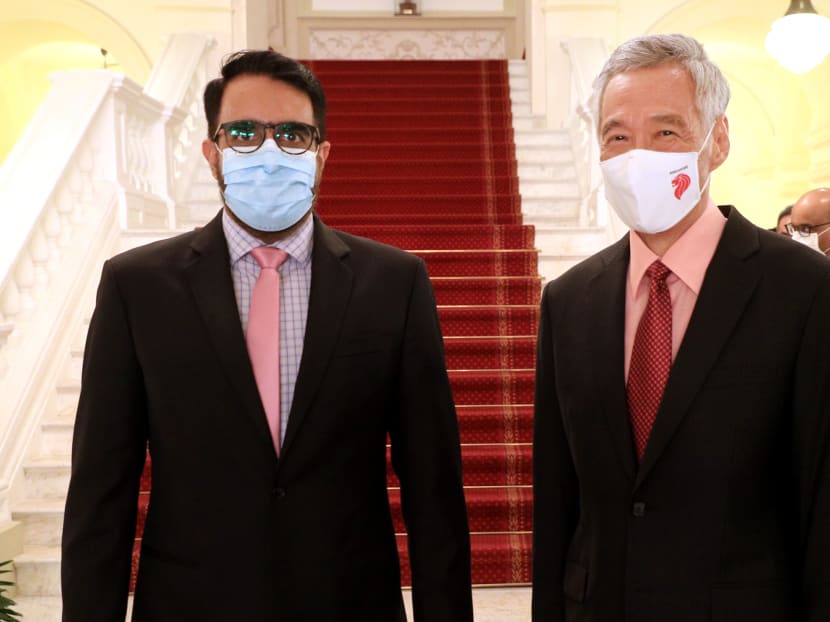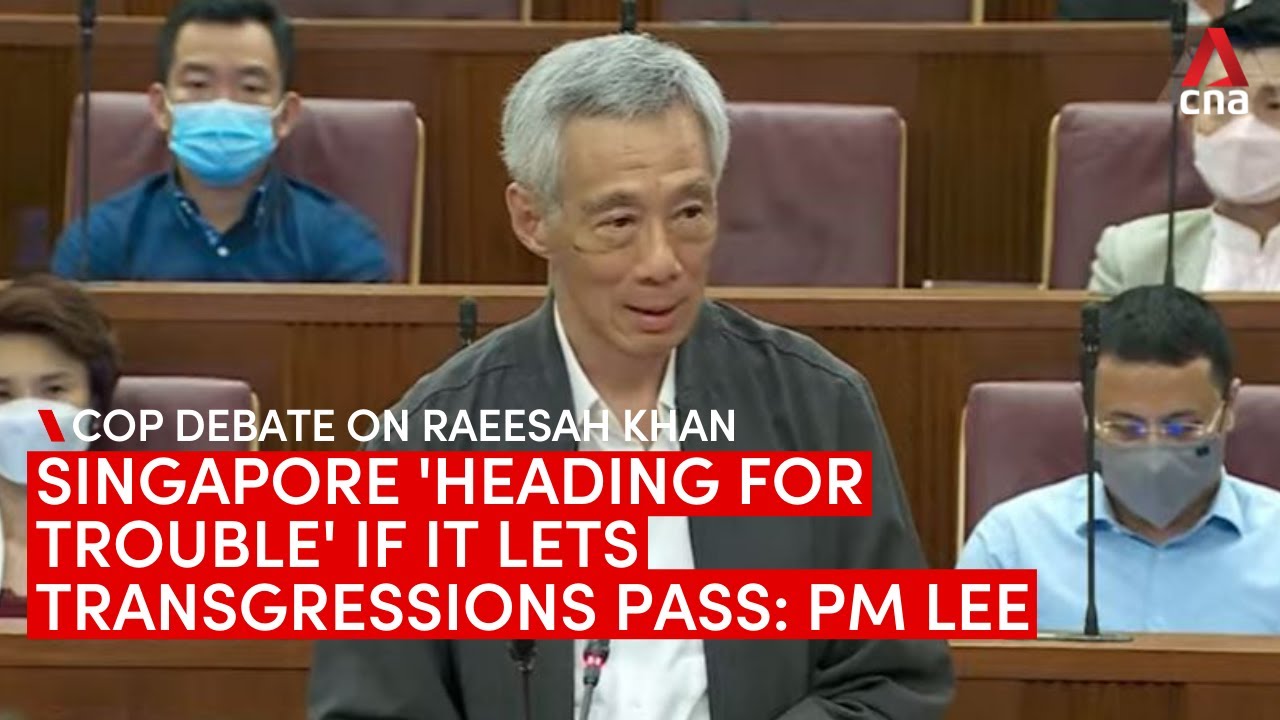PM Lee’s treatise on Confusion values not worthy of mention by newspapers?

After citing John Major, Lee labelled the idea of checks and balances as “Western” and held up the Confucian stress on virtuous leaders.

On 14 February, Parliament debated on what actions the House should take on having received the report of the Committee of Privileges (COP). Prime Minister Lee Hsien Loong who rose to speak on the motion cited former British Prime Minister John Major to support the referral of the senior leaders of the Workers’ Party (WP), Pritam Singh and Faisal Manap, to the public prosecutor.
Mr Lee quoted John Major: “If lies become commonplace, truth ceases to exist. What and who, then, can we believe? The risk is … nothing and no-one. And where are we then?” “If trust in the word of our leaders in Parliament is lost – then trust in government will be lost too.”
Then he added: “John Major’s is a Western view, but in Eastern society too, norms and values are crucial, in fact even more than in Western philosophy, because Western philosophy says checks and balances, but Eastern philosophy says your virtues, your moral standing – that is what give you the right to govern.
“In Confucian thought, there are four social guidelines (四维) that hold a state together: rituals, righteousness, probity, and shame (礼义廉耻). Probity, or desisting from corruption, is about upright behaviour; it is a norm that can be enforced using laws. But shame, a reaction to wrongdoing, is a moral disposition; it is about one’s own sense of right and wrong, whether we know we have done the right thing, or we know we have fallen short, even when nobody said so.
“That has to come from within ourselves, from our own values, and our own consciences. Absent that sense of shame, people may comply with laws for fear of punishment, but they will lack the moral compass to do the right thing simply because it is the right thing to do, and to take responsibility when they have fallen short of the standards expected of them.”
Except for the Straits Times, no other newspapers saw PM Lee’s treatise on Confucian values as worthy of mention.
Cherian George, Professor of Media Studies at Hong Kong Baptist University tweeting on Channel NewsAsia report on PM Lee’s speech noted that “not even this state media report saw PM Lee’s treatise on Confucian values as worthy of mention.”
Not even this state media report saw PM Lee’s treatise on Confucian values as worthy of mention. It omits how, after citing John Major, Lee labelled the idea of checks and balances as “Western” and held up the Confucian stress on virtuous leaders. … https://t.co/C0zgHNOOqC
— Cherian George (@cheriangeorge) February 16, 2022
“It omits how, after citing John Major, Lee labelled the idea of checks and balances as “Western” and held up the Confucian stress on virtuous leaders. Even Koreans and Taiwanese — societies more Confucian than Singapore — would see through it as an attempt to justify autocracy.”
“Worse, in multiracial Singapore, it’s tasteless to argue that a non-Chinese Opposition leader lacks Confucian values.”
Associate Professor of political science at the National University, Chong Ja Ian, picking up from Dr George’s Tweet said that Confucianism “is a multifaceted tradition”.
“(Confucianism) is a multifaceted tradition as you’d expect any long-standing tradition to be. 1) Early texts were dialogues—including many admonishments of rulers. 2) State Confucianism since the Han aimed to consolidate imperial rule.
“Using Confucianism to justify imperial rule prompted claims about the possibility of 外儒內法, “Confucian on the outside, Legalist on the inside.”
“Confucianism can be tricky, given its expansiveness & contending schools. 荀況 Xun Kuang, for (example), argued 水能載舟、亦能覆舟. “Water that carries a boat can also capsize a boat.” Long used to justify rebellion. Not sure we (should) go there. Probably not.
“For (example) of debates and admonishment of rulers, see the exchanges between 孟軻 Meng Ke and 梁惠王 Prince Hui of Liang in 《孟子》Mencius.”
Former Ambassador Bilahari Kausikan in responding to Dr George’s Tweet said: “(It’s) clear that PM did not present virtue as an alternative to C&B. The point is without virtue C&B is not enough. Taiwan and ROK both had top leaders jailed for corruption.”
Enjoying this article?
Subscribe to get more stories like this delivered to your inbox.
During the leadership of former Prime Ministers of Singapore, Singaporeans were cautioned against assimilating alien values and becoming a pseudo‐Western society. They have called for a set of national principles based on Asian values to guide Singaporeans into the next century.
For decades, the PAP leadership has tried to build Singapore on the basic tenets of Confucian ethics, but it tried to modify it to be “ethnically-neutral” and called it Shared Values. The Government’s White Paper about the Shared Values is an interesting read.
Singapore’s first Prime Minister Lee Kuan Yew, for example, has made several references to Confucius. In his book ‘From Third World to First: The Singapore Story – 1965-2000’, Mr Lee Kuan Yew said: “Confucian societies believe that the individual exists in the context of the family, extended family, friends, and wider society, and that the government cannot and should not take over the role of the family”
“Many in the West believe that the government is capable of fulfilling the obligations of the family when it fails, as with single mothers. East Asians shy away from this approach.”
Contributing writer at The Independent News
